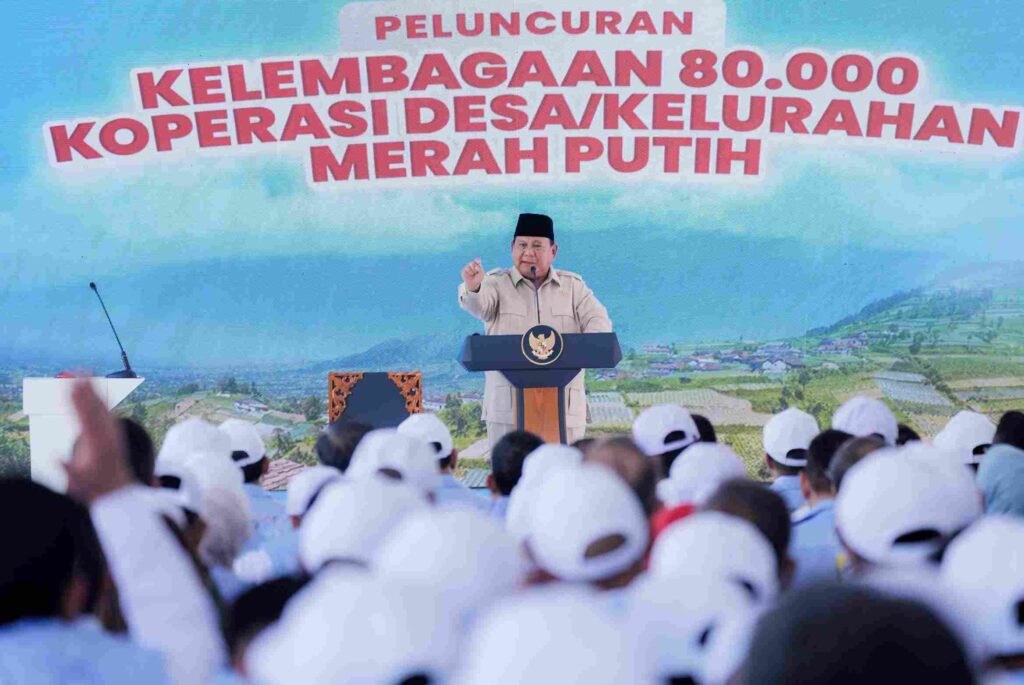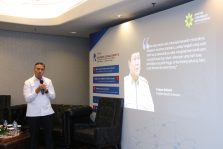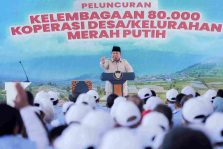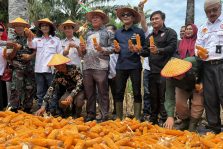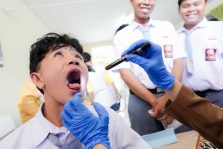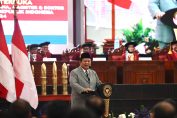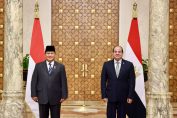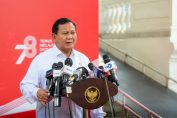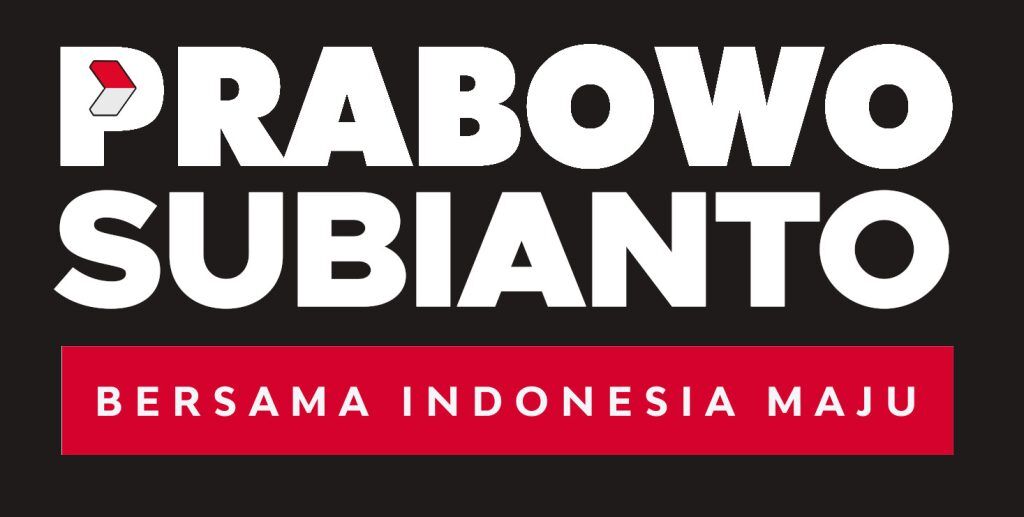Jakarta, August 13, 2025 — The Koperasi Desa/Kelurahan (Village/Urban Village Cooperative) Merah Putih is part of President Prabowo Subianto’s initiative to strengthen rural economies and improve the welfare of communities in villages across Indonesia.
“The Kopdes Merah Putih marks a monumental step—a new era in village-based national development. It represents the people’s sovereignty in managing their own resources,” said Adita Irawati, Senior Advisor at the Presidential Communication Office (PCO), on Wednesday.
Coinciding with Indonesia’s 80th Independence Day celebrations, Adita described the program as a pathway toward “economic independence” for rural communities. “The Kopdes Merah Putih allows villagers to truly enjoy freedom in the economic sphere,” she said.
Adita noted that the initiative serves as a bridge from dependency on social assistance to productive, sustainable economic empowerment.
Villages and urban neighborhoods across the country continue to face basic challenges in meeting essential needs and driving local economies. For example, 90 percent of the nation’s fish catch still cannot be stored properly.
Other figures illustrate the scale of the problem: around 5 million micro, small, and medium enterprises (MSMEs) remain trapped in debt to loan sharks; more than 50,000 villages and urban neighborhoods lack basic healthcare facilities; and 70 percent have yet to benefit from a cooperative presence.
Sixty percent of existing cooperatives do not have pharmacy services, over 31,000 lack grocery outlets, and more than half of villages do not have stores selling agricultural inputs to support local farming and businesses.
To address these issues, President Prabowo launched 80,081 Kopdes Merah Putih cooperatives on July 21, 2025, as part of a strategic effort to build an economy that is self-reliant, inclusive, and equitable.
The program fulfills the third pillar of Asta Cita, which designates cooperatives as the driving force behind rural economic growth. Its goals include creating jobs, fostering entrepreneurship, and strengthening local production centers on a sustainable basis.
“These 80,000-plus cooperatives are a concrete step to shorten distribution chains and ensure that essential goods—groceries, medicines, fertilizers—reach people directly, at affordable prices, through a fair system,” President Prabowo said.
For Dedi Nurendi, head of the Kopdes Merah Putih in Cileunyi Wetan village, Bandung regency, West Java, the program has already made a difference.
“This cooperative addresses the worries of residents who had to travel far to buy basic necessities. In savings and loans, many were trapped by Bank Emok [informal door-to-door lenders],” he said.
Dedi called the initiative a true answer to the community’s economic needs. “Let’s join cooperatives—this is from us, by us, and for us. Cooperatives also nurture the spirit of mutual cooperation,” he said.

